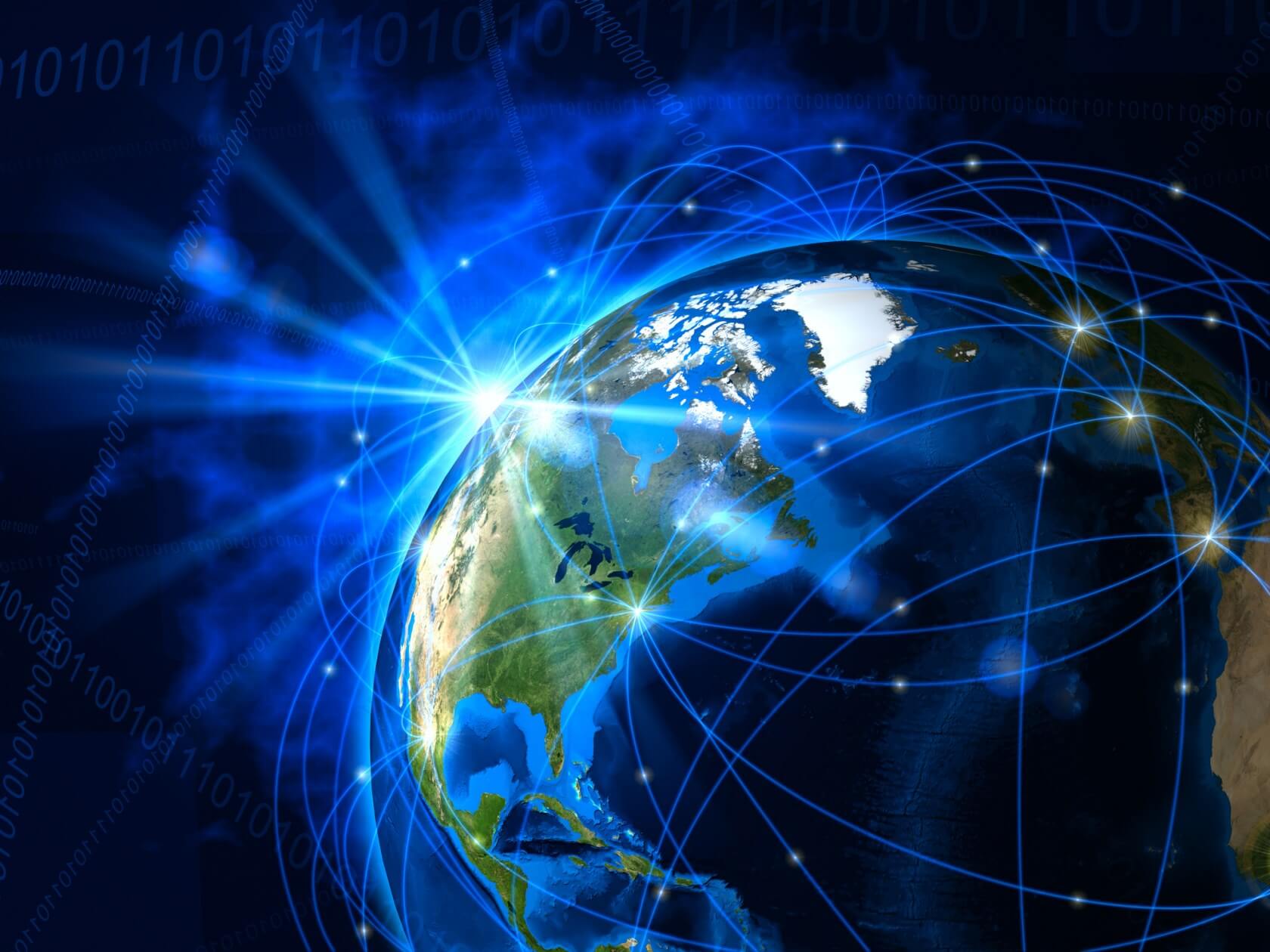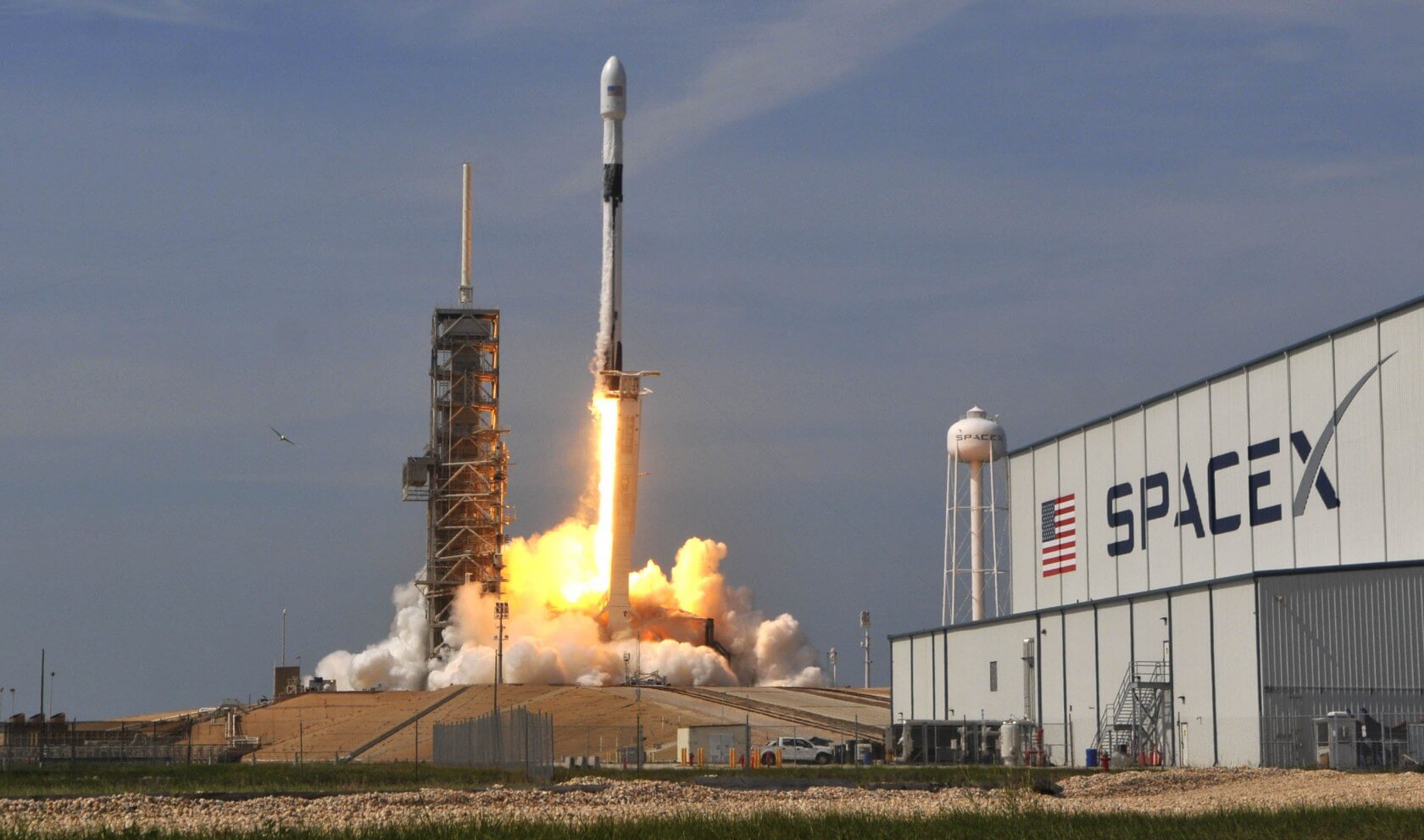
For those with spotty internet connections, SpaceX's upcoming "Starlink" satellite-based broadband system probably seems pretty appealing. The company has been making steady progress toward launching a wide array of internet-beaming satellites into Earth's orbit, and it seems like the team is on track to roll the service out to users sometime in 2020.
Unfortunately, while Starlink might be a fantastic boon for consumers, it's much less desirable from the point of view of an astronomer -- and these individuals have made their concerns clear on social media. Particularly, astronomers fear that the reflectivity of SpaceX's satellite may make it hard to see some parts of space with a telescope.

Though SpaceX has only launched about 60 test Starlink satellites for now, that number is supposed to reach 12,000 some day; at which point the satellites will form a "megaconstellation" around the earth. For the average person, this may not be much of an issue. But for the previously-mentioned astronomers, that's an awful lot of extra space junk to contend with as they examine the stars.
Fortunately, the issue -- though it will indeed exist -- may not be as bad as some fear. Astronomer Jonathan McDowell notes that Starlink's satellites, when properly oriented (with their solar panels facing the sun), are "significantly" fainter.
So the good news: it seems that once the Starlink sats point their solar panels at the Sun properly they are significantly fainter (more like mag 5 than mag 2). That is still brighter than we had expected and still a problem, but somewhat less of a sky-is-on-fire problem.
— Jonathan McDowell (@planet4589) May 26, 2019
McDowell says their brightness is closer to "mag 5" (referring to "apparent magnitude," a brightness classification system used by astronomers) than mag 2. "That is still brighter than we had expected and still a problem, but somewhat less of a sky-is-on-fire problem," he added.
As for SpaceX CEO Elon Musk's take on the subject, he feels that while Starlink's overall mission would be worthwhile even if it caused some issues for astronomers and scientists, the company will "make sure" the service has "no material effect" on space discoveries moving forward. "We care a great deal about science," Musk said on Twitter.